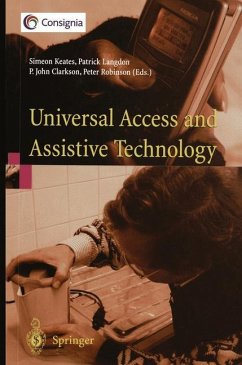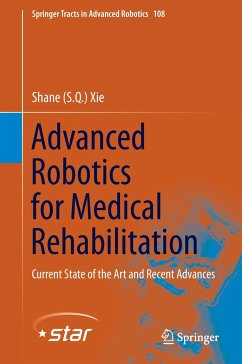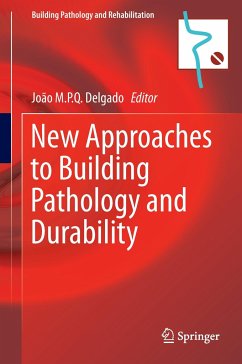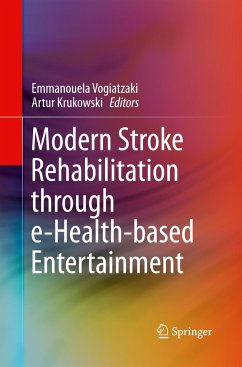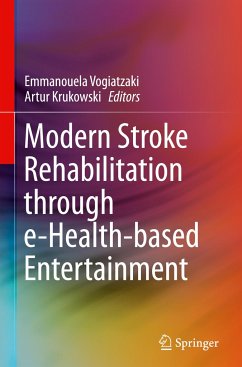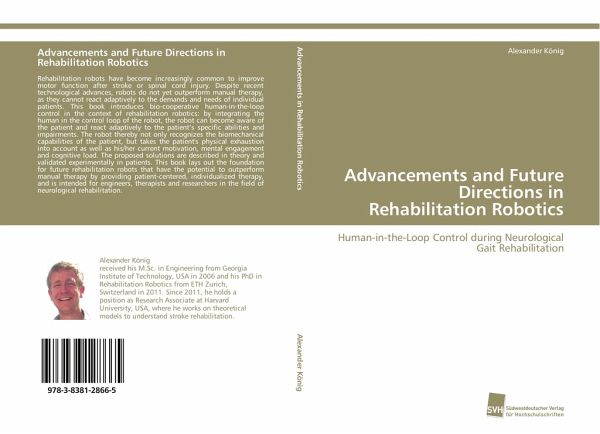
Advancements and Future Directions in Rehabilitation Robotics
Human-in-the-Loop Control during Neurological Gait Rehabilitation
Versandkostenfrei!
Versandfertig in 6-10 Tagen
52,99 €
inkl. MwSt.

PAYBACK Punkte
26 °P sammeln!
Rehabilitation robots have become increasingly common to improve motor function after stroke or spinal cord injury. Despite recent technological advances, robots do not yet outperform manual therapy, as they cannot react adaptively to the demands and needs of individual patients. This book introduces bio-cooperative human-in-the-loop control in the context of rehabilitation robotics: by integrating the human in the control loop of the robot, the robot can become aware of the patient and react adaptively to the patient's specific abilities and impairments. The robot thereby not only recognizes ...
Rehabilitation robots have become increasingly common to improve motor function after stroke or spinal cord injury. Despite recent technological advances, robots do not yet outperform manual therapy, as they cannot react adaptively to the demands and needs of individual patients. This book introduces bio-cooperative human-in-the-loop control in the context of rehabilitation robotics: by integrating the human in the control loop of the robot, the robot can become aware of the patient and react adaptively to the patient's specific abilities and impairments. The robot thereby not only recognizes the biomechanical capabilities of the patient, but takes the patient's physical exhaustion into account as well as his/her current motivation, mental engagement and cognitive load. The proposed solutions are described in theory and validated experimentally in patients. This book lays out the foundation for future rehabilitation robots that have the potential to outperform manual therapy by providing patient-centered, individualized therapy, and is intended for engineers, therapists and researchers in the field of neurological rehabilitation.



